Description
Marigold Kilimanjaro African Flower
Cultivation Advice
- Plant Kilimanjaro African Flower seeds after the last frost date in spring. Choose a location with full sun for optimal growth and flowering.
- Kilimanjaro African Marigolds thrive in well-draining soil with moderate fertility. Incorporating organic matter like compost enriches soil quality.
- Sow Kilimanjaro African Flower seeds directly into the soil or containers. Plant them at a depth of around ¼ inch (0.6 cm) and cover lightly with soil.
- Space the seeds or seedlings approximately 8 to 12 inches (20 to 30 cm) apart to allow for their growth and proper airflow between plants.
- Keep the soil consistently moist but not waterlogged, especially during the germination phase. Once established, water when the top inch (2.5 cm) of soil feels dry.
- Apply mulch around the base of the plants to retain soil moisture and suppress weed growth. Mulching also helps maintain a consistent soil temperature.
- Kilimanjaro African Marigolds do well without heavy feeding. A balanced, water-soluble fertilizer applied during planting or monthly during the growing season can be beneficial.
- Regularly remove spent flowers to encourage continuous blooming. Pruning leggy growth helps maintain a neat appearance and promotes more flowers.
- While generally hardy, Kilimanjaro African Marigolds might benefit from shade during intense heat or protection from strong winds that can damage delicate blooms.
- These marigolds are relatively resistant to pests and diseases. Monitor for issues like aphids or fungal diseases and address them promptly if observed.
- Harvest Kilimanjaro African Flower blooms for fresh-cut arrangements. Regularly cutting flowers encourages more blooms and maintains a tidy appearance.
- Regularly monitor the plants for signs of stress, pests, or nutrient deficiencies. Adjust watering and care practices based on their needs.
- Kilimanjaro African Marigolds work well as companion plants, deterring certain pests with their scent. Plant them near tomatoes, beans, or cucumbers to help repel pests.
- Marigolds, including the Kilimanjaro African variety, attract beneficial insects like ladybugs and hoverflies, contributing to a healthier garden ecosystem.
- These marigolds are excellent for cut flower arrangements. Regularly harvesting blooms not only encourages more flowers but also extends their beauty indoors.
- Kilimanjaro African Marigolds do well in containers or pots. Plant them in well-draining soil to add elegance and height to balconies or patios.
- Consider drying Kilimanjaro African Flower blooms for decorative purposes. Hang harvested flowers upside down in a dry, well-ventilated area for several weeks.
- Kilimanjaro African Marigolds can serve as an educational tool for children, showcasing seed germination and plant life cycles due to their relatively quick growth from seed.
- Allow some flowers to mature and develop seeds. Harvest these seeds for future plantings or share them with fellow gardeners.
- While primarily attractive to butterflies and bees, Kilimanjaro African Marigolds can also serve as a nectar source for other pollinators, enhancing garden biodiversity.
- Kilimanjaro African Marigolds have a distinct fragrance that some find pleasant. Consider their scent when planning their placement in the garden or landscape.
- Allow some flowers to mature and collect seeds for next year’s planting. Store seeds in a cool, dry place for the following growing season.

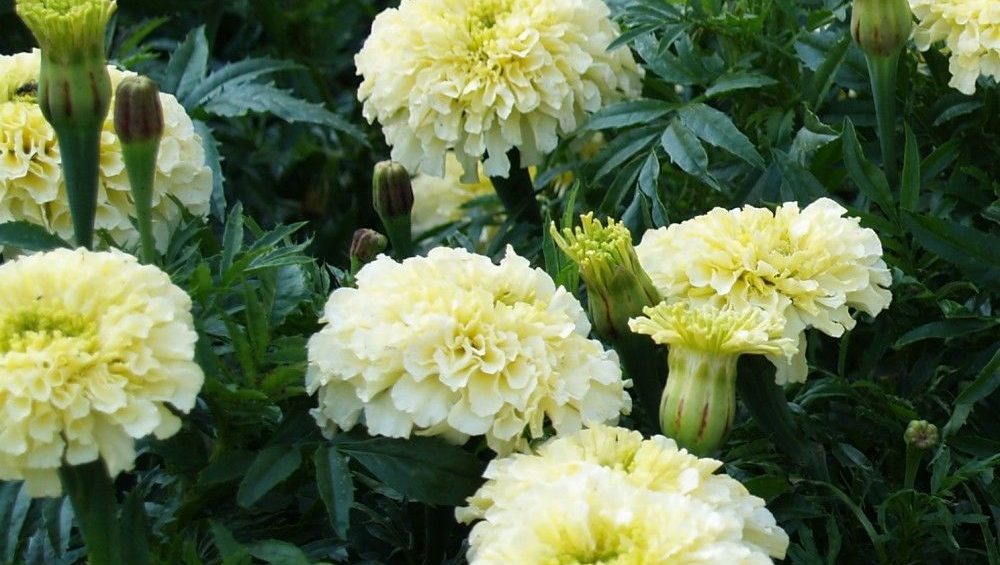

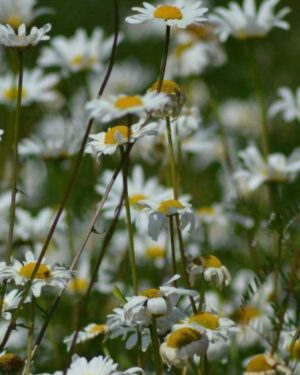
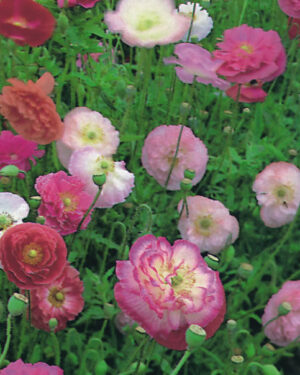
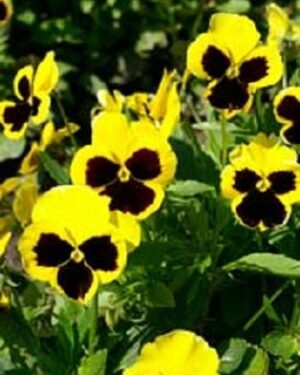


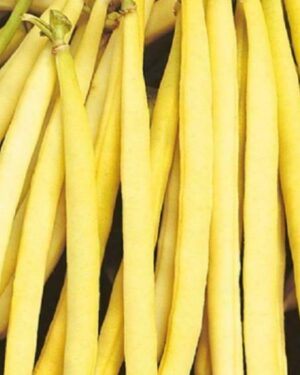
Reviews
There are no reviews yet.